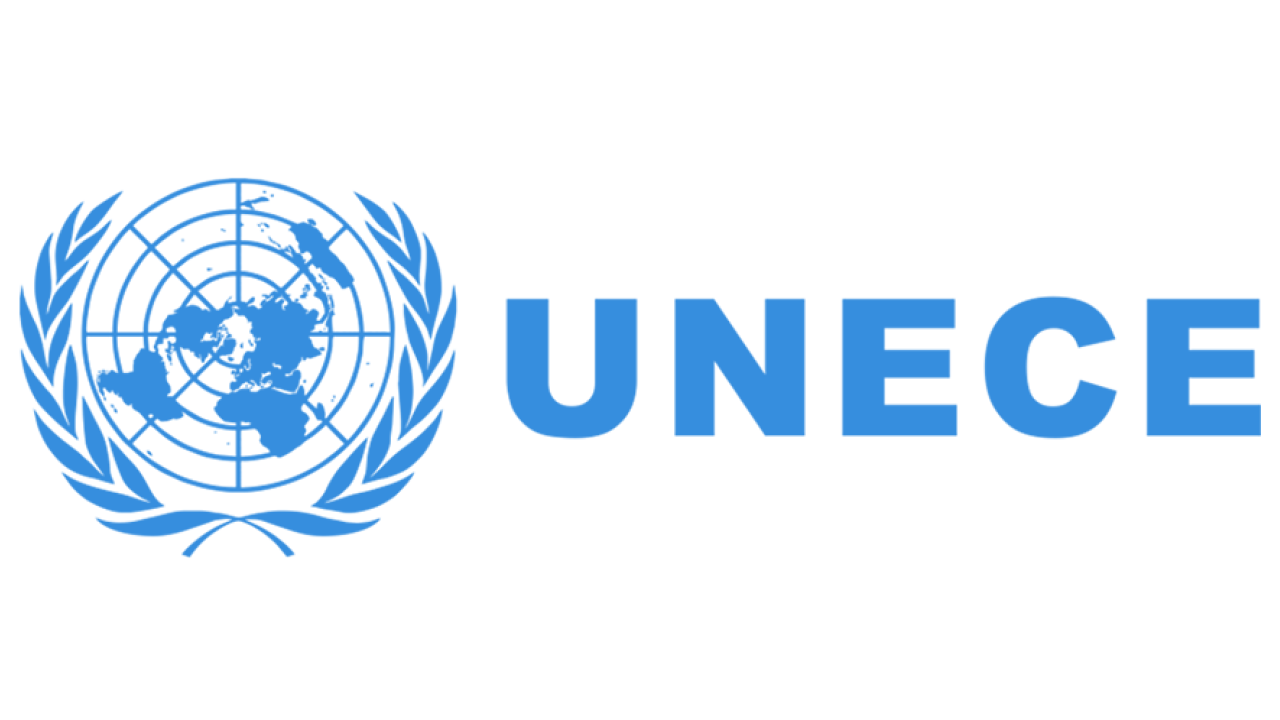
Dr. Frank Mitloehner Speaks at 30th UNECE Seminar on Meat
Reveals Power of Methane in Fight Against Climate Change
Frank Mitloehner, a UC Davis professor and air quality specialist in cooperative extension in the Department of Animal Science at University of California, Davis, and founder/director of the CLEAR Center, was a featured speaker at the United Nations Economic Commission for Europe Seminar on Sustainable Meat and Livestock Production. The seminar was held in Geneva, Switzerland, Sept. 29, 2022.
His message to the international audience was a positive one, based on his scientific research and his work with the California dairy industry, the largest in the United States. According to Mitloehner, the sector can achieve climate neutrality in just five years, provided it stays on its current path.
“By 2027, the California dairy system will be at a point where it doesn’t add warming anymore.” — Dr. Mitloehner.
Furthermore, once it reaches that milestone, it can begin to have a cooling effect on the atmosphere, perhaps even offsetting the carbon footprint of transportation and other carbon-intensive sectors.
The key to it all is methane, the very compound that oftentimes gives animal agriculture a black eye. Though Mitloehner doesn’t deny its potency as a greenhouse gas, he – and researchers at University of Oxford – contend we have long misunderstood how it behaves in the atmosphere.
“Methane is not just 28 times more potent than CO2. There is more nuance than that," he said.
The fact is, methane is produced, and it is also destroyed at nearly the same rate. Unlike carbon dioxide, which stockpiles in the atmosphere, methane flows through.
“As long as methane is produced from constant sources, the production and destruction of this gas is almost equal,” he said.
In the fight against climate change, Mitloehner tipped his hat to California’s legislature. Not only has the state set ambitious emission-reduction goals, it is using a system of incentives and rewards to help ensure they are met.
For example, there is government money for manure digesters – covered lagoons that keep methane from escaping into the atmosphere, which has the added benefit of allowing it to be pumped out and used as a renewable fuel source for other sectors. Feed additives are also showing promising results in the quest to reduce enteric emissions, Mitloehner said.
This year’s gathering marks the 30th time the organization has gathered global experts to discuss meat production, with the focus of late on sustainability issues.
“In the face of climate change and growing populations, the sustainability of food systems is central to the achievement of the 2030 Agenda for sustainable development and the Sustainable Development Goals (SDGs),” stated the UNECE. “To realize the SDGs, the global food system needs to become more productive, inclusive, environmentally sustainable, and resilient, so that it can deliver healthy and nutritious diets for all.”
Watch the full seminar:
